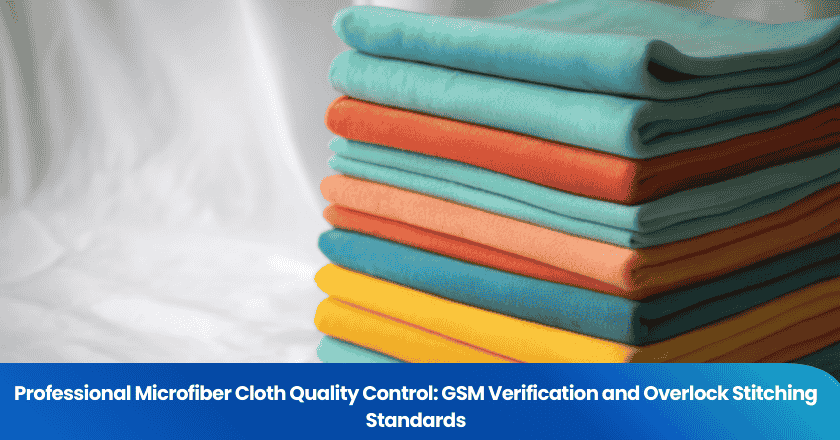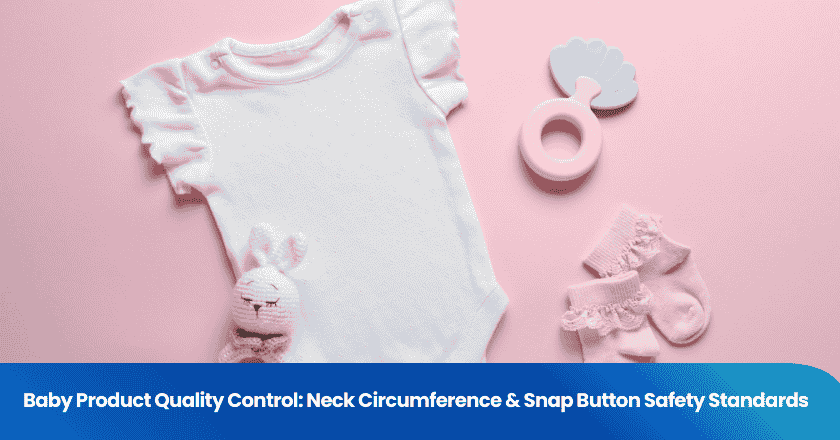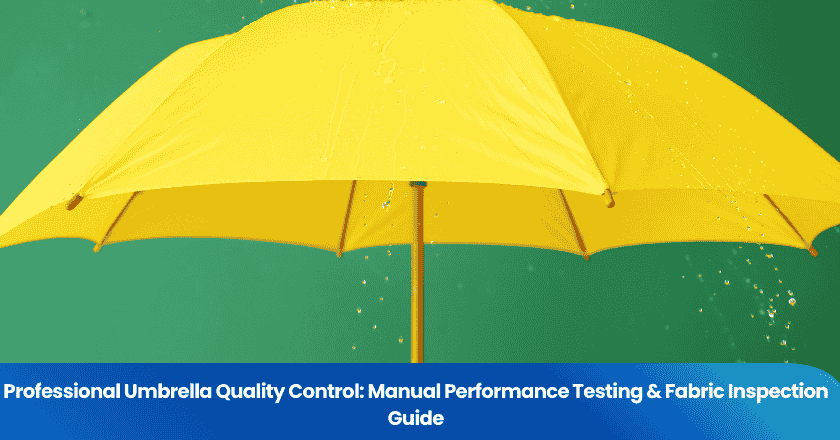
To succeed as a supplier quality engineer, you need a mix of technical and soft skills. You must understand quality standards, auditing, and data analysis. Strong communication, attention to detail, and negotiation matter for every sqa or sqe. You solve problems, manage projects, and build supplier relationships. Technical knowledge helps you ensure products meet requirements. Soft skills help you lead, support, and grow in your sqe career.
Technical Skills
Quality Standards
You must understand international quality standards to excel as a supplier quality engineer. ISO 9001, IATF 16949, and AS9100 set the foundation for supplier quality assurance. You use this knowledge to evaluate if a supplier meets your company’s requirements. You also apply these standards to every process, from initial supplier assessment to ongoing monitoring supplier quality. This ensures that each supplier delivers consistent results.
Auditing Methods
You need strong auditing skills to verify supplier compliance. You conduct both process and system audits. You use tools like checklists, audit plans, and corrective action reports. These tools help you identify gaps in supplier performance. You also document findings and follow up on corrective actions. This approach supports continuous improvement in supplier quality assurance.
Data Analysis
You rely on data analysis to make informed decisions. You collect data from supplier reports, inspections, and test results. You use tools such as statistical process control charts, Pareto analysis, and root cause analysis. These tools help you spot trends and solve problems quickly. You also use data to track supplier performance and drive improvements in the process.
Manufacturing Knowledge
You need a solid understanding of manufacturing processes. This knowledge helps you communicate with suppliers and solve technical issues. You read technical documents, blueprints, and specifications. You also use tools like failure mode and effects analysis (FMEA) to assess risks. Your experience in manufacturing supports your role as an sqe or sqa. You manage supplier relationships and ensure that each supplier meets your company’s standards.
Tip: Earning certifications like Six Sigma Green Belt can boost your skills and show your commitment to quality.
Soft Skills
Communication
You need strong communication skills as a supplier quality engineer. You explain technical requirements to suppliers and share feedback with your team. Clear instructions help suppliers meet your company’s standards. You also write reports and present findings to management. Good communication builds trust and helps you solve problems quickly.
Tip: Practice active listening during meetings with suppliers. This helps you understand their challenges and find solutions together.
Attention to Detail
You must pay close attention to detail in every part of your job. You review supplier documents, inspect products, and check compliance with standards. Small mistakes can lead to big problems in quality. You spot errors before they reach your customers. This skill sets you apart as an effective sqe or sqa.
- Double-check inspection reports.
- Review supplier corrective actions carefully.
- Track changes in supplier processes.
Negotiation
You often negotiate with suppliers about quality issues, timelines, and costs. You need to find solutions that work for both your company and the supplier. Strong negotiation skills help you resolve conflicts and build long-term partnerships. You use facts and data to support your position. You also listen to the supplier’s concerns and look for win-win outcomes.
Project Management
You manage multiple projects at once as a supplier quality engineer. You set deadlines, assign tasks, and track progress. Good project management keeps supplier quality improvement efforts on schedule. You use tools like Gantt charts or checklists to stay organized. You also coordinate with different teams to make sure everyone meets their goals.
Note: Project management skills help you deliver results and show leadership in your sqe role.
How to Become a Good SQA
Education & Certifications
You start your path as an sqa by building a strong educational foundation. Most companies require a bachelor’s degree in engineering, quality, or a related field. This education gives you the technical background needed for supplier quality assurance. You should also consider certifications. Earning a certified quality engineer credential shows your commitment to excellence. Many sqa professionals also pursue Six Sigma or Lean certifications. These programs teach you about process improvement and quality management. Certifications help you stand out and prove your skills to employers.
Tip: Research which certifications are most valued in your industry. Choose one that matches your career goals.
Experience
You gain real-world skills through hands-on experience. Entry-level roles in manufacturing, quality control, or engineering help you understand the basics of supplier quality assurance. You learn how to evaluate supplier performance, review documentation, and conduct inspections. Each project you complete adds to your knowledge. Over time, you become more confident in your ability to solve problems and drive continuous improvement. Experience with different suppliers and industries makes you a stronger sqa. You see how quality standards apply in various settings.
- Work on cross-functional teams.
- Participate in supplier audits.
- Take on projects that challenge your skills.
Training & Mentorship
You grow faster when you seek out training and mentorship. Many companies offer workshops or online courses focused on sqa topics. These programs teach you about new tools, regulations, and best practices. You should also find a mentor who has walked the sqa path before you. A mentor shares advice, answers questions, and helps you avoid common mistakes. You learn from their experience and gain confidence in your own abilities. Training and mentorship keep you updated and motivated.
Note: Ask your manager about training opportunities. Join professional groups to connect with experienced sqa professionals.
Continuous Learning
You never stop learning as an sqa. The field of supplier quality assurance changes quickly. New standards, technologies, and methods appear every year. You must stay curious and open to new ideas. Read industry publications, attend conferences, and take advanced courses. Continuous learning helps you adapt and lead process changes. You become a valuable resource for your team and your suppliers. This commitment to growth sets you apart as a top sqa.
Callout: Make learning a habit. Set aside time each week to study new trends or review case studies.
By combining formal education, certifications, hands-on experience, and ongoing learning, you build a strong foundation for success. You follow a clear path to becoming a good sqa. Each step brings you closer to mastering supplier quality assurance and making a real impact in your organization.
Starting Your Supplier Quality Engineer Career
Resume Tips
You want your resume to stand out in a competitive field. Start by highlighting your education and any certifications related to quality or engineering. List your technical skills, such as knowledge of ISO standards or audit methods. Show your ability to analyze data and solve problems. Include any hands-on experience with supplier management or quality assurance. If you have worked in aerospace, medical devices, semiconductor, or manufacturing, mention this clearly. Employers value candidates who understand these industries. Use bullet points to make your achievements easy to read.
Tip: Tailor your resume for each job application. Match your skills and experience to the requirements in the job description.
Networking
Building a strong professional network helps you advance your career. Attend industry events, conferences, or workshops focused on quality and supplier management. Join online groups or forums where supplier quality professionals share advice. Connect with peers, mentors, and hiring managers on platforms like LinkedIn. Share your insights and ask questions to show your interest in the field. Networking opens doors to new opportunities and helps you learn from others’ experiences.
- Reach out to professionals in your target industry.
- Participate in supplier audits or quality projects to meet new contacts.
- Stay active in professional organizations.
Interview Prep
Prepare for interviews by reviewing common questions about supplier quality processes and standards. Practice explaining how you solve problems and manage supplier relationships. Use examples from your past experience to show your skills. Research the company and its suppliers before the interview. Prepare questions to ask about their quality systems and expectations. Confidence and preparation help you make a strong impression and move forward in your career.
Note: Practice your answers out loud. This helps you speak clearly and confidently during the interview.
You need strong technical skills and sharp soft skills to excel in supplier quality roles. Build your expertise by pursuing education, certifications, and hands-on experience. Focus on continuous learning and seek mentorship to grow faster. Take action today to strengthen your qualifications and move forward in your career. Your commitment to improvement sets you apart in the industry.
FAQ
What degree do you need to become a supplier quality engineer?
You usually need a bachelor’s degree in engineering, quality, or a related field. Some employers accept degrees in science or manufacturing. Advanced degrees can help you stand out.
Which certifications help supplier quality engineers advance?
Certifications like Six Sigma Green Belt, Certified Quality Engineer (CQE), and Lean Manufacturing show your commitment to quality. These credentials help you gain specialized knowledge and improve your job prospects.
How do you gain supplier quality experience?
You can start in entry-level roles in manufacturing, quality control, or engineering. Participate in supplier audits, inspections, and cross-functional projects. Each experience builds your skills and confidence.
What industries hire supplier quality engineers?
- Aerospace
- Automotive
- Medical devices
- Electronics
- Consumer goods
You find opportunities in any industry that relies on suppliers for parts or materials.
Grow your business with TradeAider Service
Click the button below to directly enter the TradeAider Service System. The simple steps from booking and payment to receiving reports are easy to operate.





